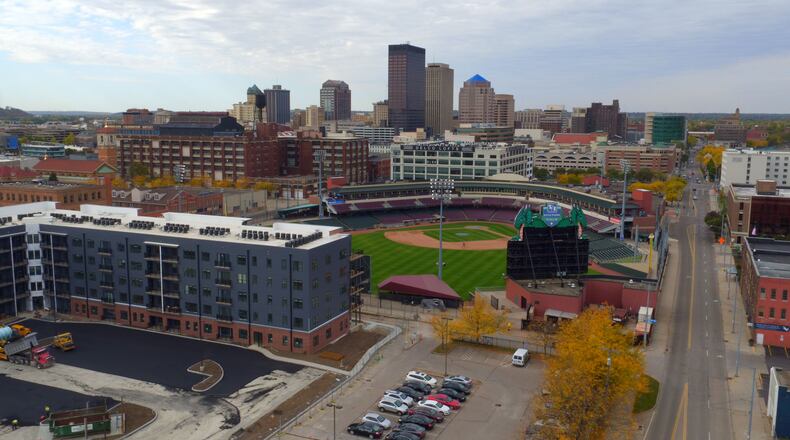The redevelopment of previous industrial sites would make them more valuable and could therefore boost the economy, Turner told the Dayton Daily News.
“Bringing capital, getting that investment back into urban areas and back into the inner core ring of suburbs also has an additional cascading effect because properties around them benefit from the increased development, but also the increased activity when you bring jobs back into a neighborhood,” he said.
From an environmental standpoint, the passage of the bill could result in safer communities across the state of Ohio, Turner added.
“If a brownfield is lying undeveloped, contamination remains on the site (and) that can be a health threat to the community that abuts it,” he said. “Attracting additional investment, attracting dollars that can remediate that environmental contamination (can) make neighborhoods safer.”
Opponents of the bill are likely to cite cost as one of its potential pitfalls, but the benefits are too promising to pass up after such a difficult period for the economy, he continued.
“In this instance, we’re coming right off of COVID. This is a time where we need to encourage economic development and investment,” Turner said. “This is a great opportunity, as we look to the future of economic growth, to look at redeveloping some of these sites.
Turner believes the bill could be packaged with broader infrastructure legislation to expedite its path to becoming law.
Bruce Rasher has about four decades of experience dealing with brownfields, and he currently works for the Revitalizing Auto Communities Environmental Response Trust. This new legislation addresses the issue in a variety of important ways, he said.
“The reuse of brownfields has many benefits,” Rasher said. “The cleanup provides protection of public health and environment. But from the standpoint of contributing to the economic output of the city or region, the resulting redevelopment results in restoring of tax base and backfilling of jobs.”
If passed, the bill could help bolster local businesses throughout the Dayton region, according to Dayton Chamber of Commerce Vice President of Strategic Initiatives Stephanie Keinath.
“I would certainly think that Dayton’s developer community stands to be in really good stead to take advantage,” she said.
The potential tax relief provided by the bill could be instrumental in helping the economies of both the Dayton region and the state of Ohio rebound after a difficult period, Keinath noted, saying the bill is a win across the board.
“Having the opportunity to spur on these projects that have probably wanted to come to fruition for a while is really exciting,” she said. “I think there’s a strong positive potential overflow to the rest of the business community across the state.”
About the Author
